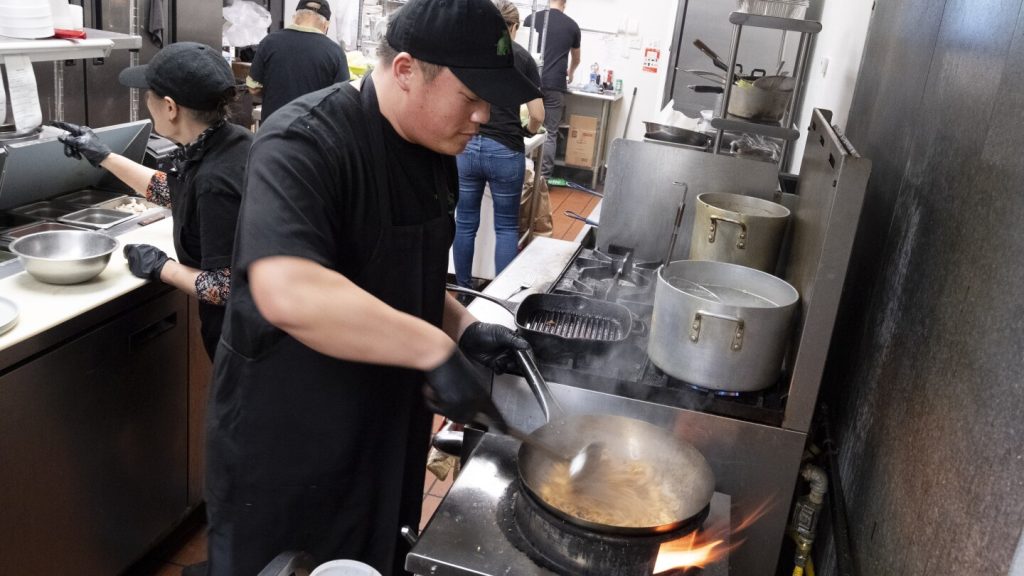Food-based accusations against immigrant and minority communities in the United States have a long history, dating back to the late 1800s when Chinese immigrants were targeted for their culinary practices. This trend has continued through the years, with various ethnic groups facing stereotypes and insults based on their food choices. Even communities with a longer presence in the country have not been exempt from racist stereotypes related to food, such as derogatory references to Mexicans and African Americans. Food is not just about sustenance, but also plays a crucial role in culture and identity, making it a target for ethnic hatred and political polemics.
Insults related to food can extend beyond what is eaten to how it is consumed, such as using hands or chopsticks instead of traditional utensils. These biases can also be rooted in class distinctions, with poorer individuals facing criticism for their eating habits and choices. The expanding food culture in the United States has led to a broader culinary landscape, with immigrant communities contributing to the diversity of ingredients and cuisines available. Despite this, stereotypes and insults based on food continue to persist, highlighting a lack of tolerance and nuance towards different groups.
The recent false claim made by former President Donald Trump about Haitian immigrants in Springfield, Ohio eating dogs and cats further perpetuates harmful stereotypes and misunderstandings about immigrant communities. While the American palate has expanded in recent decades, it does not necessarily translate into greater acceptance or understanding of diverse cultures. Food is not just about sustenance, but also symbolizes connection to family, community, and home for many individuals. Immigrants bring their food traditions with them when they migrate, maintaining a connection to their roots and heritage through cuisine.
The use of food as a means of disparaging or othering minority groups reflects a deeper societal issue of intolerance and prejudice. Despite the rich culinary diversity present in the United States, food stereotypes and insults based on ethnicity persist, highlighting the need for greater cultural understanding and acceptance. It is important to recognize the cultural significance of food and its role in shaping identity, rather than using it as a tool for discrimination or division. Ultimately, embracing multicultural food traditions can lead to a more inclusive and tolerant society that celebrates diversity rather than perpetuates harmful stereotypes.


